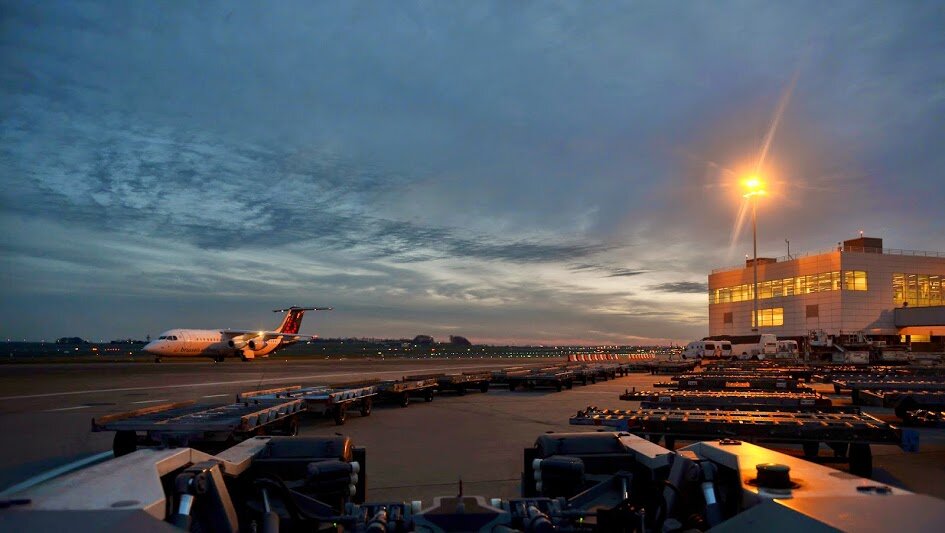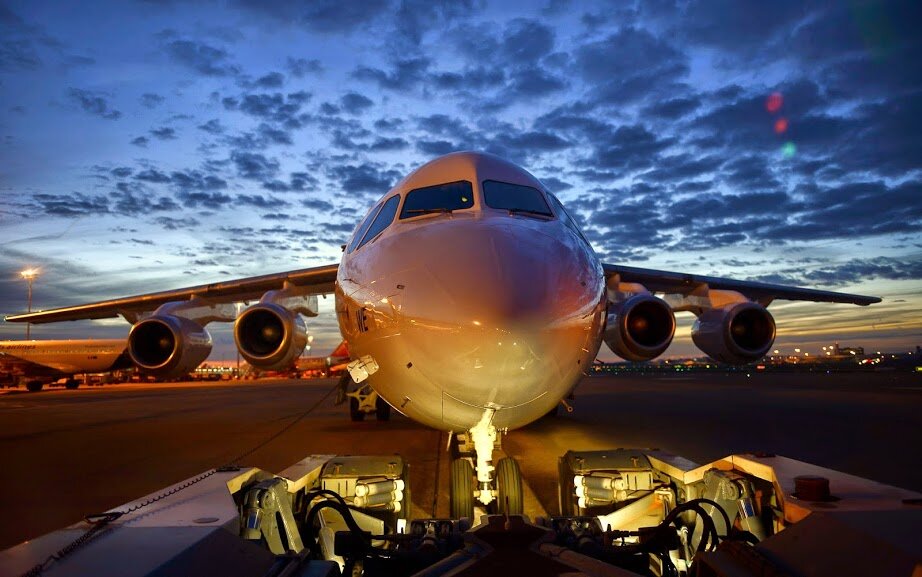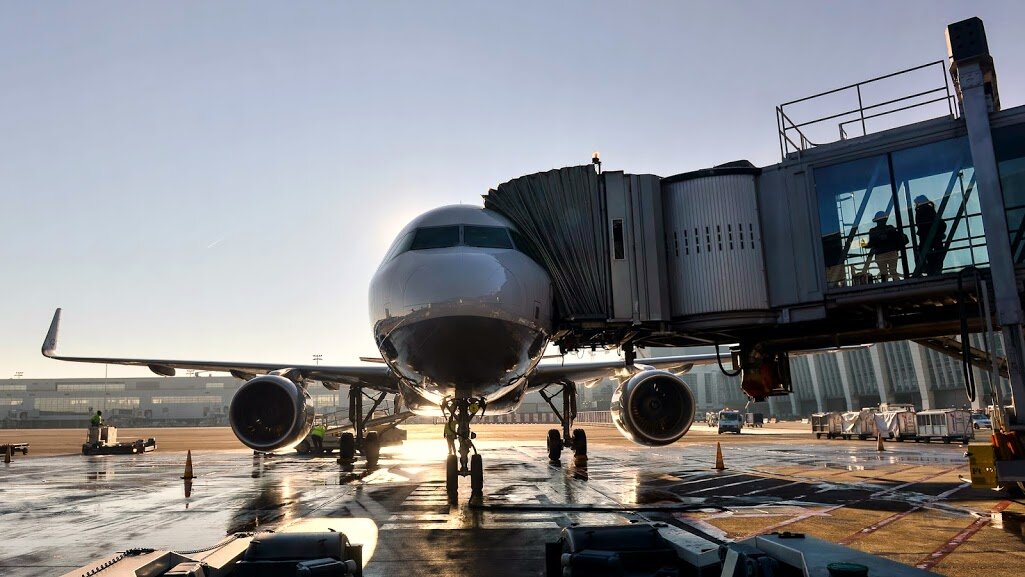Published Articles

This is Why No Airport Privatization in the U.S.
I was President and CEO of Airports Council International – North America (ACI-NA) for eight years, from July 1, 2005 through June 30, 2013. During those eight years, I had more conversations than I could possibly count with people who wondered why airport privatization has not taken off in the United States. Many of these conversations were with people heavily involved in running or financing privatized airports around the world. Many were held with U.S. colleagues who thought privatization would provide benefits. In the world’s largest economy, and primary bastion of capitalism, airport privatization has remained the rarest of infrastructure animals. Why?

How Rainwater is Reused at San Diego Airport
Water stewardship means using less water, wasting less water and protecting water quality. At San Diego Airport, all are vitally important. The airport is uniquely situated in a borderline arid climate and on the edge of San Diego Bay.
A new Parking Plaza slated to open in late Spring 2018 will do all three at the same time. Besides enhancing customer service and meeting growing demand for close-in parking, the Parking Plaza will capture rain that falls on the 7.6-acre structure, routing it into a below-ground storage system with a capacity of nearly 100,000 gallons. Instead of becoming stormwater runoff, potentially impacting San Diego Bay, the collected rainwater will be used by the immediately adjacent central utility plant that houses the HVAC system.

Brexit US Aviation: What is the Impact?
I was originally scheduled to write a follow up to an earlier post on the increasing challenges airports are facing in attracting and retaining talent. This is an important issue, and it is the subject that is likely to occupy much of an airport executive's time and thoughts when he or she has a few moments and can think about almost anything (I always say that the best clue to what is important to you is what you think about when you can think about anything at all). And I know from experience that the search for talent is a subject very likely to be discussed when airport executives are having a drink together. But given the recent Brexit vote, and the Istanbul attack, I decided the talent piece could wait until after the summer.

Anti Open Skies Campaign, What Happened to It?
President Donald Trump.
Got your attention?
For the past eight months a reality TV star, businessman, celebrity, whatever other word you want to use, has been leading the race for the presidential nomination of one of the two major parties in the United States. There is a lot to be alarmed and surprised about. But as I thought about this post, while watching another in an endless series of interviews, debates, town hall meetings with the candidates, I started thinking about…Open Skies. Seriously.

Aviation Security: An Update
When I wrote the aviation security post last year I had several people suggest to me that I was maybe a bit too glib - too willing to take risks. Some suggested I may not have learned enough from past terrorist attacks.
In the wake of the Paris attacks, the San Bernardino, California attacks, attacks in Turkey and elsewhere I am guessing some of the same people may wonder if I would like to take back anything I said in the original piece.
I'm sorry to disappoint, but if anything I believe the past year has only gone to further prove my point.

Open Skies: An Update
In April 2015, I wrote about the fight brewing in the U.S. between the three major international air carriers (American, Delta and United) and the three Gulf carriers (Qatar, Emirates and Etihad).
My thesis was that this was part of a strategy to get better treatment from the U.S. government in a variety of areas, and to attain a favorable outcome during consideration in the US Congress of legislation to reauthorize the Federal Aviation Administration (the legislation includes many of the taxes and fees airlines and their passengers must pay). While there were some wild statements from both sides, I believed this was a more limited strategy. And if you read, for example, the speech given by Airlines for America CEO Nick Calio at the International Aviation Club in Washington last Fall, there is much evidence for that.

Open Skies: Invite to Complain or Compete!
Gulf carriers, such as Emirates Airline, Etihad Airways, and Qatar Airways, have expanded enormously and have established an intense global competitive network. These carriers’ future growth prospects depend on their ability to gain access to markets in Europe and America. Existing bilateral air agreements and the US incumbent carriers lobby hamper the Gulf carriers' expansion plans through restricting market access

Open Skies: What U.S. Airlines Really Want
In 1992, Jeff Shane (currently General Counsel at the International Air Transport Association and then a senior official in the United States Department of Transportation) negotiated the first “open skies” agreement with The Netherlands. As odd as it may seem now, the reaction to this development (after people asked “what is open skies?”) was largely negative.
